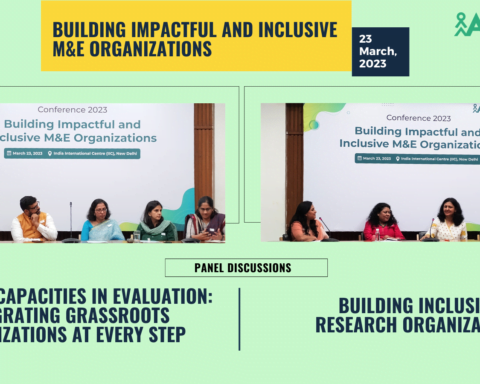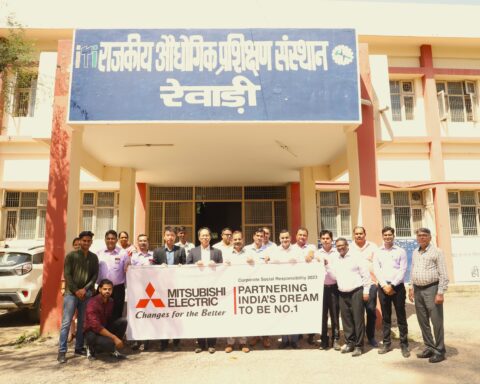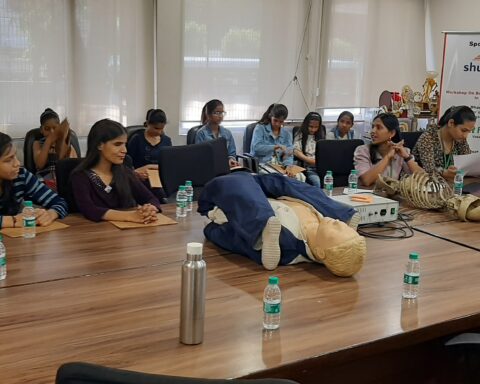Corporate Social Responsibility (CSR) can encompass a wide range of activities; here’s how you can use CSR to boost employee engagement at your company
The word “employee engagement” refers to an employee’s level of dedication and connection to a company. Despite the fact that an increasing number of businesses recognise the importance of employee engagement, a Gallup poll revealed that only 34% of employees are truly engaged at work. That means that firms have just scratched the surface when it comes to realising their employees’ full potential. Those aiming to boost employee engagement can do it in a variety of methods, including offering training and coaching, collecting and implementing employee feedback, and rewarding and recognising employees.
Employees who are engaged are more likely to demonstrate concern and conscientiousness in their work, which boosts productivity. Employees who are engaged are less likely to depart. They have a stronger sense of commitment to the organisation and believe they are important members of the team. Employees who are engaged are more likely to show up for work. They have a stake in the company and want it to succeed. As a result, they want to be present to contribute to the organization’s mission.
Organizations that are more engaged grow their earnings per share more than four times faster than their competitors, and those in the top quartile of engagement have a 21 percent higher profitability. Employee perceptions of CSR and employee engagement were found to have a strong link, which was mediated by authenticity, according to a study published in Frontiers in Psychology. According to the data, perceived CSR has the greatest influence on employees when it allows them to be themselves at work. Employees must be able to exhibit their other interests outside of work, such as family, community, and spirituality, in order to reveal their entire self. Employees feel more themselves and more connected to the firm since CSR programmes allow them to demonstrate interest in areas like community service, environmental sustainability, and philanthropy, which are normally reserved for after work hours.





























